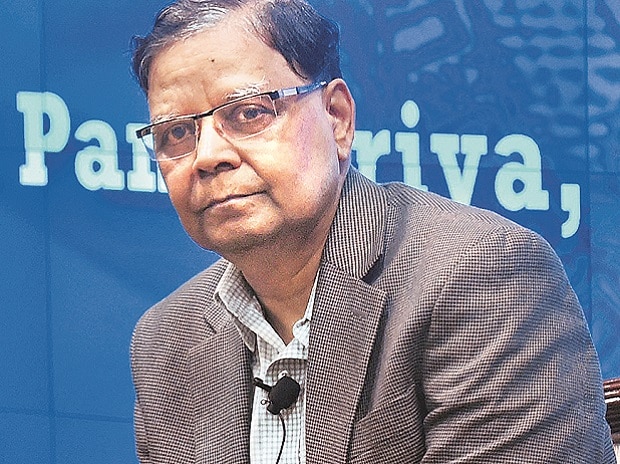Grievance appellate committees (GACs) to redress content-related complaints of social-media users will be a reality despite the objections of big tech firms.
This comes with the Ministry of Electronics and Information Technology (MeitY) notifying on Friday the IT (Intermediary Guidelines and Digital Media Ethics Code) Amendment Rules, 2022, after five months of deliberations.
The IT rules, 2021, require significant social media intermediaries — platforms with more than 5 million users — to appoint a resident grievance officer to decide on content-related complaints. In June, the MeitY proposed a GAC, which could override the decisions of grievance officers.
In June, when the draft proposals were made open to the public for consultation, the ministry stated there was a need to set up a GAC as it had observed instances where grievance officers of intermediaries did not address issues satisfactorily.
In the following public consultations on the amendment, big tech companies had expressed reservations on GACs. As things stand now, users can appeal these decisions only in court. According to the gazette notification released by the MeitY, the final version of the rules says the government will establish one or more GACs within three months.
Each committee will consist of a chairperson and two whole-time members appointed by the government. One will be an ex-officio member and two independent. However, the government had earlier suggested the industry come up with a self-regulatory organisation.
Business Standard reported on August 10 the ministry’s position to stick with government-backed committees for social-media grievances.
The GAC will endeavour to resolve users’ complaints finally within 30 days of the date of receiving the appeal, according to the newly inserted rule.
“Every order passed by the Grievance Appellate Committee shall be complied with by the intermediary concerned and a report to that effect shall be uploaded on its website,” it adds.
Users have to appeal to the GAC within 30 days of receiving a communication from a grievance officer in the case of a dispute. The process, from filing an appeal to taking a decision, will be done online.
Social-media platforms will also have to prominently publish their rules, regulations, privacy policy, and user agreement in English or any of the 22 official languages listed in the Eighth Schedule of the Constitution, as the user chooses.
It further says the intermediaries should make “reasonable efforts” to deter users from sharing content that is obscene, pornographic, paedophilic, invasive of another’s privacy, etc.
Most of the other provisions in the second part of the rules remained unchanged in the final version.
For instance, the provision that requires intermediaries to address content-removal notices within 72 hours has been included in the rules. Several big social media outfits had opposed the provision, expressing concern over a possible compliance burden.
The provision to appoint government-backed committees has alarmed digital rights advocates.
Tejasi Panjiar, associate policy counsel, Internet Freedom Foundation, said, “The lack of transparency around decisions to moderate content has time and again put users at a disadvantage. However, the notified IT Amendment Rules, 2022, take this a step further as it allows the government to influence such decision making by having the final say in what content stays on the internet and what doesn’t. Such proximity of public officials to moderation practices will inevitably lead to heavy moderation of online speech.”
Note:- (Not all news on the site expresses the point of view of the site, but we transmit this news automatically and translate it through programmatic technology on the site and not from a human editor. The content is auto-generated from a syndicated feed.))




Hello just wanted to give you a quick heads up and let you know a few of the images aren’t loading properly.
I’m not sure why but I think its a linking issue. I’ve tried it in two different internet browsers and both
show the same outcome.
I’m no longer certain the place you’re getting your
info, but good topic. I needs to spend some time finding out more or figuring out more.
Thank you for fantastic information I used to be looking for this information for my
mission.
Also visit my homepage: Togel Jawa